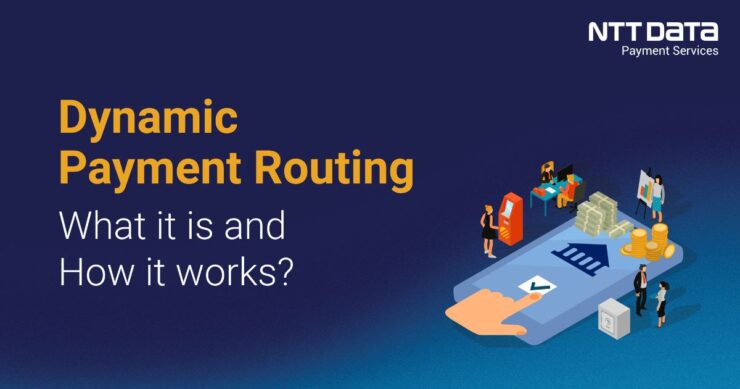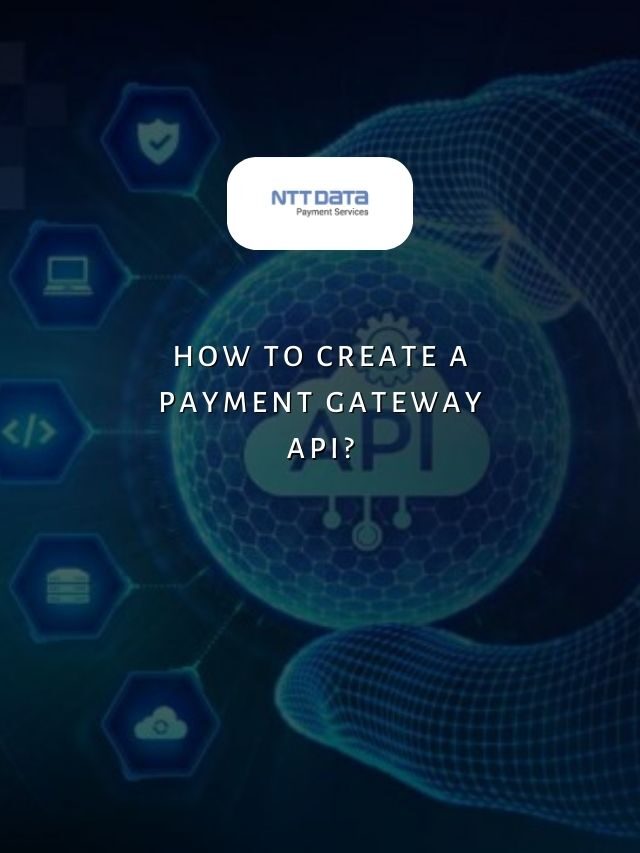
Table of Contents
Dynamic payment routing is an online payment collection technology that helps merchants optimise their payment processing costs. In this blog, we will explore the workings and benefits of dynamic payment routing.
A Guide to Dynamic Payment Routing
When processing online payments, merchants want to ensure high approval rates while keeping costs low. This is where dynamic payment routing comes in.
Dynamic routing analyses each transaction and selects the most cost-effective payment processor or gateway through which to route the payment. This helps merchants optimise their payment processing by lowering costs.
Unlike static routing, which uses preset pathways, dynamic routing chooses the best route for each individual transaction. It considers various factors like the payment type, amount, transaction volume, location and time to determine the lowest-cost provider / ensure the best success rates to process that specific payment.
The key aspect is that it adapts to changes in real-time instead of using fixed routes. This allows merchants to take advantage of competitive rates or special offers from different payment service providers (PSPs).
If one PSP is running a promotion, dynamic routing can automatically send eligible transactions their way. Likewise, it avoids routing through a PSP if their fees have increased temporarily. The merchant can also use dynamic routing to control the transaction volume.
What is Dynamic Payment Routing?
Dynamic payment routing is a technology that analyses payment transactions and dynamically routes them through the optimal payment processor or gateway based on real-time data and parameters.
Recent Web Stories
How Does Dynamic Payment Routing Work?
Here is a step-by-step process of how dynamic payment routing works.
- Integration: The merchant uses APIs to integrate their website or app with a dynamic routing platform. This provides a single connection point to multiple bank or PSP routes.
- Transaction details: When a payment is initiated, details like amount, location, time, etc., are sent to the routing platform.
- Algorithm: The platform runs the transaction details through a rules-based algorithm to analyse real-time PSP data like rates, availability and promotions.
- Route selection: Based on the analysis, the algorithm selects the most cost-effective PSP to route the transaction through at that instant.
- Transaction routing: The platform securely routes the payment details to the chosen PSP using protocols like tokenisation.
- Processing: The PSP processes the transaction using its gateway infrastructure.
- Response: The PSP responds with the processing result, which is then passed back to the merchant via the routing platform.
- Continuous optimisation: The platform continuously monitors PSP data to optimise routing for future transactions in real-time. If conditions change mid-transaction, it can reroute as well.
5 Benefits of Dynamic Payment Routing
Compared to traditional static routing, dynamic routing provides several advantages for merchants:
- Cost savings: By choosing the best route for every transaction, merchants can reduce payment failure, thereby enhancing success rates at the most affordable charges. Dynamic routing leverages competitive interchange rates.
- Increased approvals: Since transactions are intelligently routed to reliable banks/ PSP routes, approval percentages tend to be higher compared to static methods.
- Flexibility: The platform can integrate several PSP routes and banks, giving the flexibility to switch transaction paths or take advantage of promotions.
- Real-time optimisation: As an automated, rules-based system, dynamic routing continuously monitors markets and optimises routes in real-time without manual intervention.
- Reliability: Even if a particular PSP server route experiences downtime, dynamic routing ensures transactions reach their destination through alternative routes. This increases payment reliability.
Access the Best Online Payment Gateway – NTT DATA Payment Services
NTT DATA Payment Services is a leader in the payment industry. We leverage real-time payment data and automation to ensure each transaction is secure and seamless for the welfare of the merchant.
NTT DATA Payment Services offers a complete payment solution to advance both your offline and online businesses from,
- Online Payment Gateway in India
- POS machines
- IVR payments
- Mobile applications, and
- Bharat QR Scan and Pay
We ensure maximum comfort, convenience, and safety for all your payments.
Maximising Payment Success with Dynamic Routing
Dynamic payment routing provides merchants with a powerful way to optimise costs and approvals for online transactions. As e-commerce continues growing globally, dynamic routing will become necessary for merchants to remain competitive.
With continuous monitoring and instant optimisation, dynamic payment routing delivers unparalleled flexibility and reliability compared to static routing methods. Merchants should consider implementing this innovative approach to maximise the benefits of multiple payment partners.
| Also, you can get frequent updates on nttdatapayments Instagram page. |
Dynamic Payment Routing: FAQs
1. What is payment processing?
Payment processing refers to the technical and business functions involved in facilitating online financial transactions between merchants and customers. It allows merchants to accept different payment methods for online purchases, like credit cards, debit cards, net banking, etc.
2. How does traditional static routing work?
With static routing, merchants preset the payment processors or gateways through which their transactions will route. The same pathways are used regardless of transaction-specific factors like amount, time or location.
3. What factors are considered in dynamic routing?
Dynamic routing platforms analyse transaction details like payment type, amount, location, time, etc., in real-time to determine the best route. They also consider transaction volume and up-to-date data points from multiple payment processors, like current rates and running special promotions, to optimise costs.
4. How can merchants benefit from dynamic routing?
Dynamic routing can help merchants reduce payment fees and increase approval percentages over time by intelligently choosing the lowest-cost processor available for each transaction. It also provides flexibility to route through different processors.
5. Is dynamic routing complicated to implement?
No, dynamic routing platforms integrate with a merchant’s website or app via simple APIs. They handle all the complex routing logic and protocol switching. Merchants see a single connection point to multiple processors without having to manage the routing complexity themselves.







